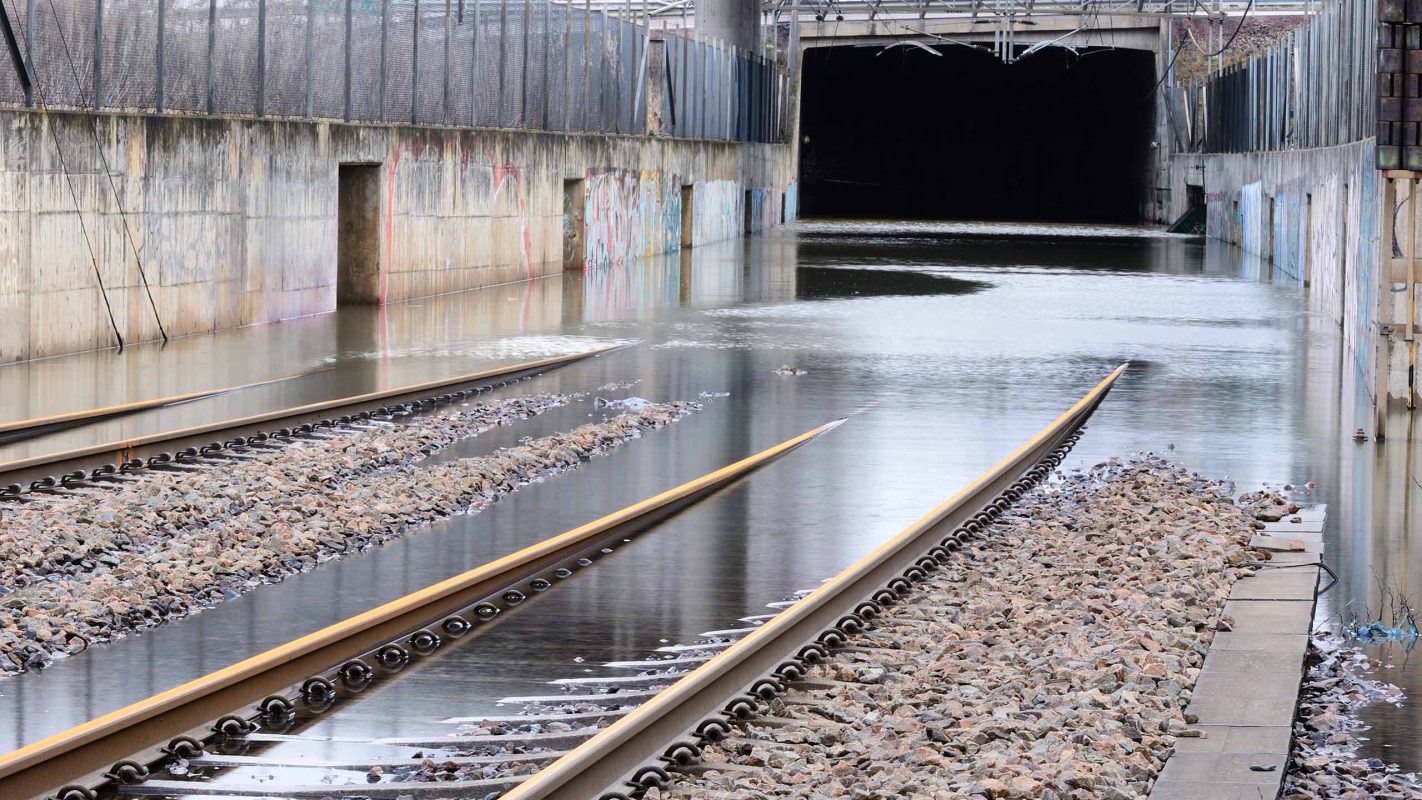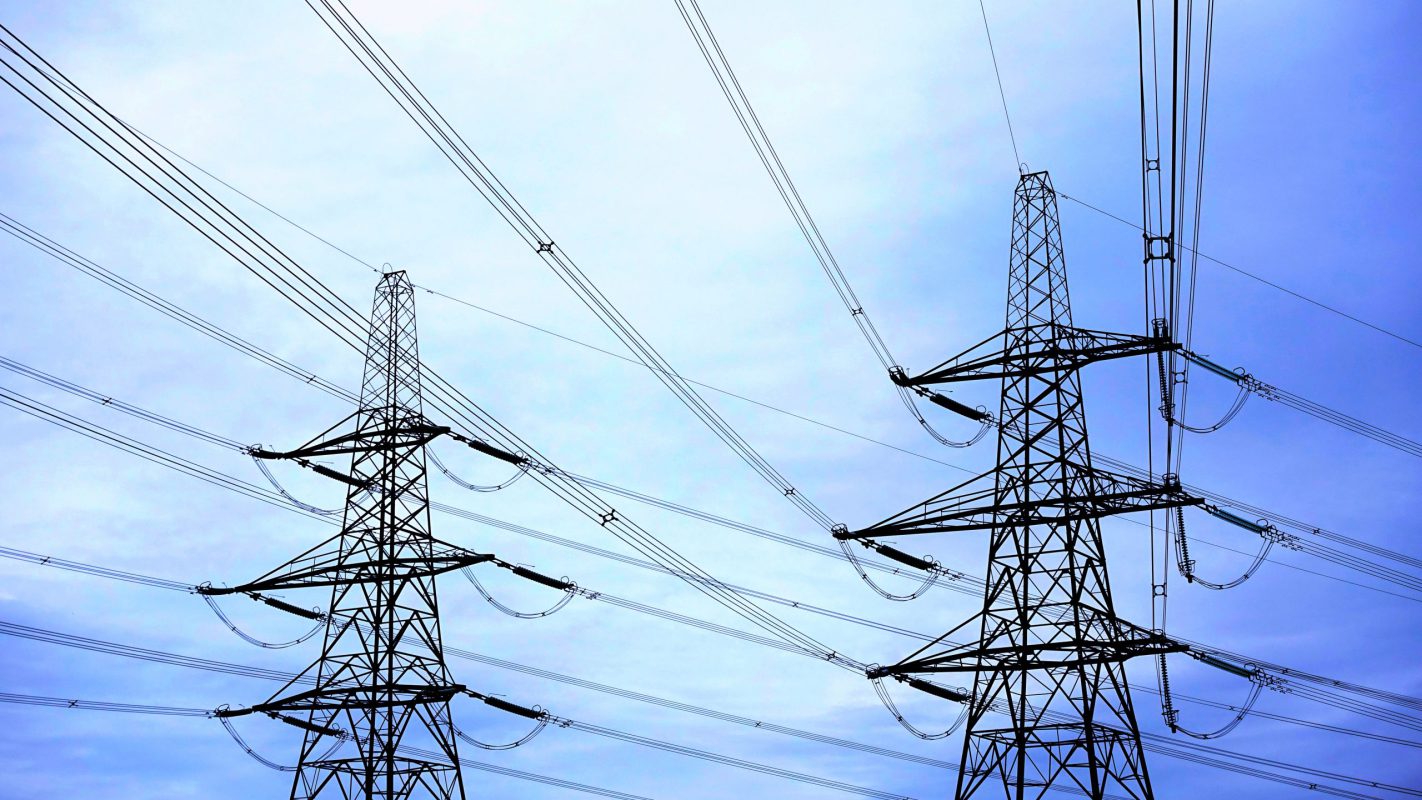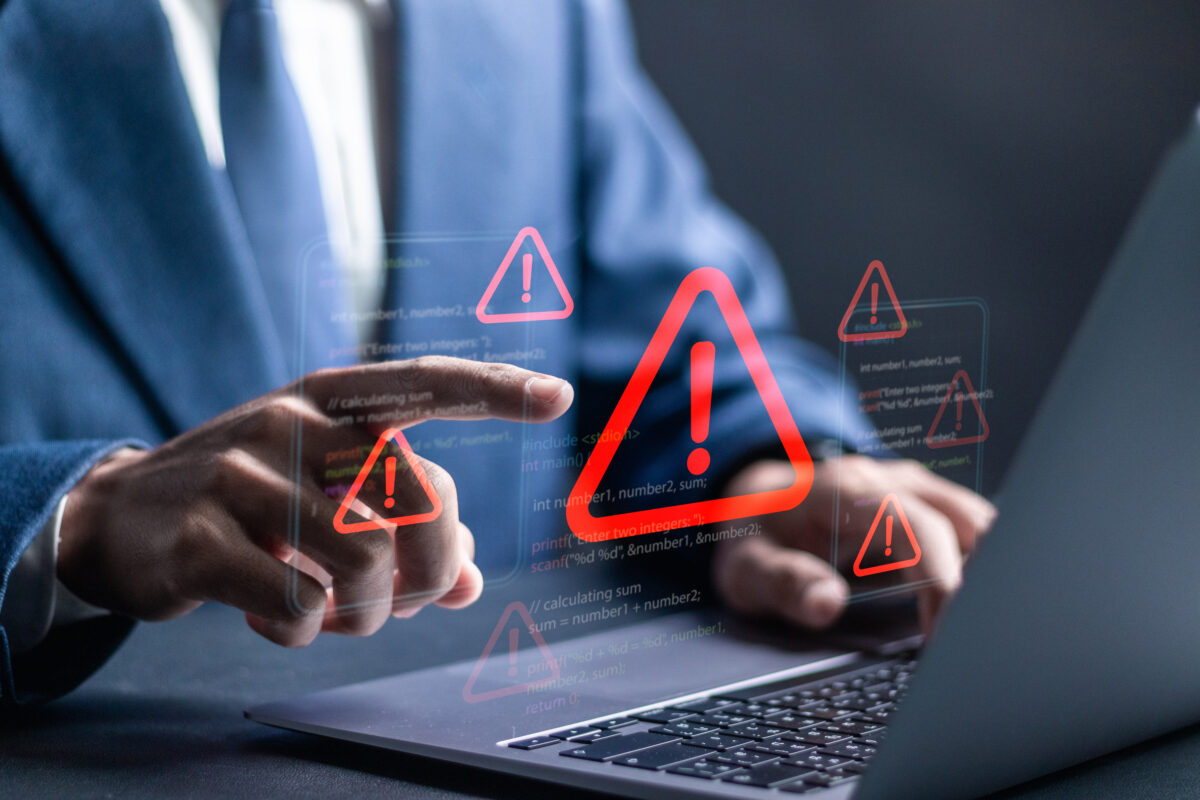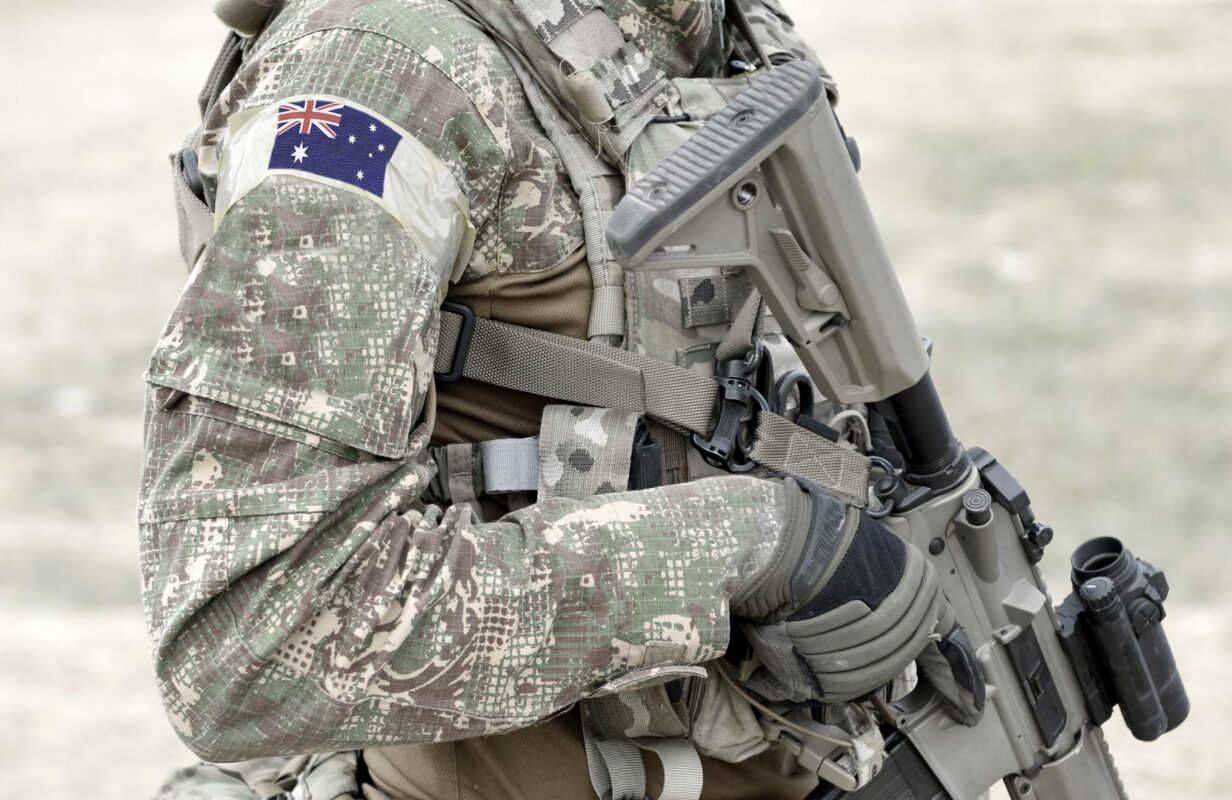Background
The energy crisis has put Europe on high alert as many European countries will struggle to meet the societal demand for electricity. To facilitate continuity in such a crisis or any other situation that would lead to a major energy deficiency, the Swedish government set up Styrel in 2011.
Challenge
To educate and support local and national actors from private and public domain to identify, map and prioritise electricity dependent critical societal functions.
Solution
Styrel is a process that allows all levels of government to identify and prioritise critical infrastructure to be better prepared in the event of a mandated blackout. Data can be shared centrally with local and national authorities, government and energy providers.
Benefits
If energy providers are mandated to gradually cut the supply of electricity to non-critical parties, they have the necessary data to ensure those that need it most – such as hospitals and ports – remain connected. The reference documentation and plans developed for Styrel, can also be used to protect critical assets in other emergencies, such as forest fires.
Powering critical organisations in a crisis
Sweden has almost 300 municipalities covering an area of over 500,000 sq km. Spread across these are hospitals, schools, critical infrastructure, vital supply and server centres, and much more. Without a centralised knowledge base about these, it would be virtually impossible to keep them all running if there was a relatively sudden and prolonged energy deficit. To ensure this doesn’t happen, the Swedish Energy Authority launched Styrel in 2011 together with multiple government authorities and with the support of 4C Strategies.
“The goal is to map electricity-dependent critical societal functions and create a ranking system to prioritise a select number of electrical lines”, says Gabriel Strinde, 4C Consultant. “This is done at a local level, often through municipalities, before being aggregated to include a broader scope of participating actors. The Styrel planning process solely focuses on supporting a mandated blackout due to an electrical deficiency.”
Prioritising across the country
The Styrel ranking system concentrates on seven priority levels. These include those that are life-threatening or will have a critical societal impact within hours of a power outage, those that are life-threatening or will have a critical societal impact within in days, or those that are critical for the economy, environment and lastly culture. Each participating actor ranks public and private functions critical to society. Once aggregated, the data is made available to energy providers in their respective areas who then finalise the plans. Based on this, providers can put the plans in place should they need to progressively disconnect users from the grid.
Complex yet vital
“It may sound straightforward but ranking different entities can be challenging,” points out Strinde. “Large emergency hospitals may be easily differentiated from a smaller local clinic but what about medium sized school facilities? Some schools contain a large kitchen and washing facilities that could be used by a broader population in the event of a crisis, others don’t. Some schools could perhaps remain operational even without electricity and gather students in a centralised location or support decentralised locations with food deliveries. The country’s critical transportation infrastructure must be kept open if possible. This can include everything from busy road junctions, to traffic hubs such as airports, specific train stations, and ports. Culturally important entities must also be considered, such as national libraries and museums that store historical artefacts which must be preserved under special conditions. All these need to be accounted for in Styrel to enable social functions to remain operative in a mandated blackout. If not, the consequences can be severe.
“The data gathered is highly valuable and can be used for other incidents and crises – in that sense, it serves as a critical continuity tool in a world of uncertainty.”
Gabriel Strinde, 4C Consultant
Supporting municipalities and government agencies
Styrel is currently being updated, as part of the four-year planning term, to ensure the data on electricity-dependent critical societal functions is relevant. As with so many other things, it was delayed due to Covid. 4C consultants are working with a number of municipalities, assisting with the assessment and ranking of different entities. 4C consultants have helped develop educational material and are supporting educational sessions for various actors, including energy providers and municipalities, to help ensure the process runs smoothly and reaches a successful completion.
Find out how 4C Strategies is helping organisations in the Energy and Utilities Sector
Business continuity in a world of uncertainty
“Thankfully, Styrel hasn’t been required for a mandated blackout, as yet,” continues Strinde. “The data gathered, however, is highly valuable and can be used for other incidents and crises – in that sense, it serves as a critical continuity tool in a world of uncertainty. For instance, in 2014 forest fires swept across parts of the country. Using Styrel, emergency services could see what the most critical organizations in a region were and concentrate their efforts, first and foremost, on keeping them and the energy supply to them intact.”
Control when it’s needed
“Thanks to Styrel, we will have more control over what functions to provide with electricity in the event of a mandated blackout – and that’s probably not going to be my home. While inconvenient for me personally, the country and our society should be better off,” concludes Strinde.Discover how you can build your risk, business continuity and crisis management capability with our expert services. Book a free consultation with one of our consultants to discuss your requirements.









